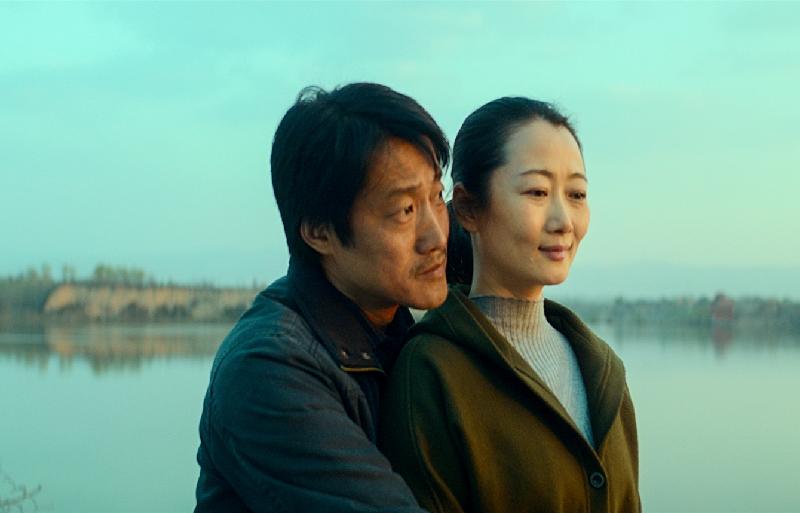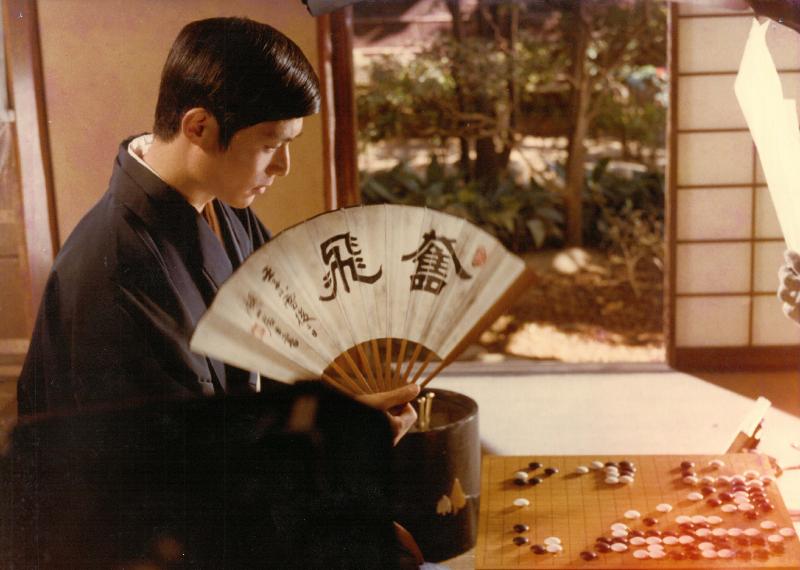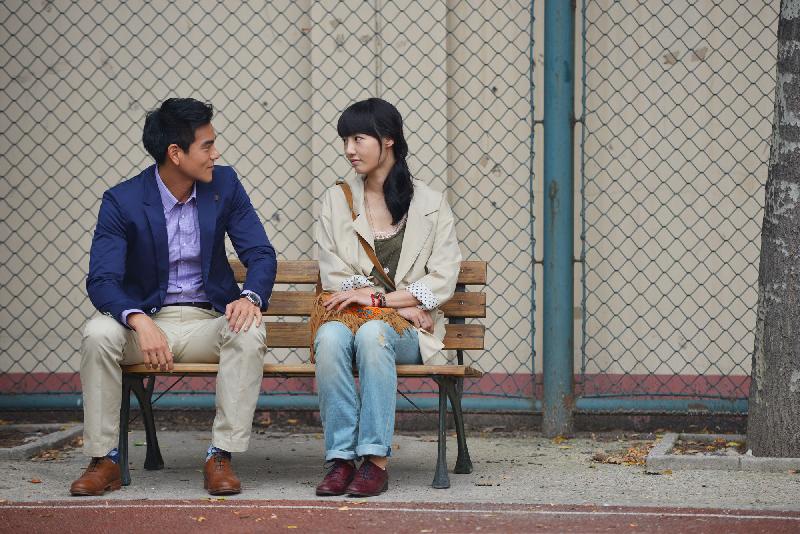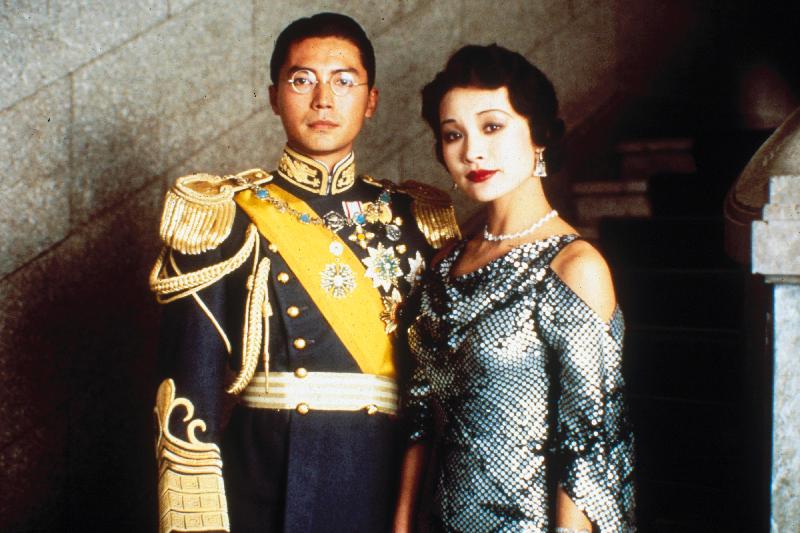Co-productions have laid a vital foundation for China’s film industry to "go global". "Chinese Film Panorama 2018" has selected 12 films co-produced by the Mainland and Hong Kong or foreign countries to showcase the development of co-production films in Chinese cinema. Jointly presented by the Leisure and Cultural Services Department and the South China Film Industry Workers Union, "Chinese Film Panorama 2018" will be held from October 18 to November 30 at the Theatre of Hong Kong City Hall, the Lecture Halls of the Hong Kong Space Museum and the Hong Kong Science Museum.
The opening film, "Where Has Time Gone?" (2017), is co-directed by Chinese director Jia Zhangke and filmmakers from Brazil, Russia, India and South Africa – the first co-production involving the BRICS countries. It consists of five short films made by the five directors using different angles to present the passage of time. The film won the "Golden Silkroad" Media Honor Special Jury Award at the 4th Silk Road International Film Festival.
In the early 1980s, Chinese-Japanese co-production "The Go Masters" (1982) set a precedent in international co-production involving Chinese cinema. Telling the story of Chinese go master Kuang Yishan and Japanese go master Matsunami, the film suggests that true friendship can triumph over national barriers. The film won the Grand Prix of the Americas at the Montreal World Film Festival 1983, the Special Award at the 3rd Golden Rooster Awards and Best Feature Film of The Ministry of Culture in 1982. Also centring on friendship beyond national boundaries, "Hanoi, Hanoi" (2006) is a collaboration between China and Vietnam, featuring a young Chinese woman setting off on her trip to Hanoi to search for the herbalist store of her ancestor. The film won Best Feature Film and Best Actress at the Golden Kite Awards 2006.
The opportunities in the Mainland's film industry have attracted Hong Kong filmmakers, with numerous notable co-productions between the two places. Stanley Kwan's "Red Rose White Rose" (1994) is an adaptation of Eileen Chang's novel, telling of a love triangle between an upright man (Winston Chao), his wife (Veronica Yip) and his friend's wife (Joan Chen). The film was a multiple winner at the 31st Golden Horse Awards, including Best Leading Actress, Best Adapted Screenplay and Best Art Direction. Starring Gong Li, Tony Leung and Sun Honglei, "Zhou Yu's Train" (2003) is a film about a ceramic worker who is torn between two men as well as between her desire and her ideals. The film won Best Director, Best Actor and Favourite Actress of Students’ Choice Award at the 10th Beijing College Student Film Festival. Adapted from the novel by Zhang Ling, Feng Xiaogang's "Aftershock" (2010) follows a mother and a daughter who are separated by the Tangshan earthquake and reunite many years later due to the Wenchuan earthquake. The film won Best Art Direction and Best Music at the 28th Golden Rooster Awards, Best Actress at the 5th Asian Film Awards and other awards.
"A Wedding Invitation" (2013), featuring Bai Baihe and Eddie Peng, is a Chinese rom-com by Korean director Oh Kihwan filled with Korean-style drama and fun. In another co-production between China and South Korea, "Miss Granny" (2015), an old lady becomes an attractive young girl (Yang Zishan) after walking into a photography studio and is then pursued by a music producer (Chen Bolin) and her grandson (Lu Han). The film won Best Actress of China Movie Channel Media Award at the 18th Shanghai International Film Festival and Favourite Actor of Students' Choice Award at the 22nd Beijing College Student Film Festival.
With a team of elites from China, Italy and the United Kingdom, renowned Italian director Bernardo Bertolucci's "The Last Emperor" (1987) tells of the legendary life of the last emperor of the Qing Dynasty, Puyi, in which the cast including John Lone, Joan Chen and Peter O'Toole gives a memorable performance. The film won nine awards at the Academy Awards in 1988 including Best Picture, Best Directing and Best Writing (Screenplay Based on Material from Another Medium). Chinese-American co-production "Pali Road" (2016) is a romantic suspense that follows a young doctor, played by Michelle Chen, whose life becomes unfamiliar after a traffic accident. The film won Best Actress and Best Cinematography at the 32nd Los Angeles Asian Pacific Film Festival and Best New Director at the 12th Chinese American Film Festival.
Directed by French director Philippe Muyl, "The Nightingale" (2014) resonates with feelings about the countryside, and features a grandfather setting off on a journey to his homeland with his little granddaughter in order to fulfil the wish of his deceased wife. The film won Best Feature Film for Children at the 54th Zlín International Film Festival for Children and Youth, Best Picture Award and Best Actor Award at the 1st China Australia International Film Festival. Based on the novel of the same title by Jiang Rong, "Wolf Totem" (2015) is also a Chinese-French co-production. As well as providing spectacular action scenes of wolves, the film suggests that wolves are as valuable and wise as humans. The film won Best Film and Best Art Direction at the 30th Golden Rooster Awards, Best Director of Tiantan Award at the 5th Beijing International Film Festival and other awards.
"Where Has Time Gone?" is in Portuguese, Russian, Hindi, English and Putonghua; "The Go Masters" is in Japanese and Putonghua; "Hanoi, Hanoi" is in Vietnamese and Putonghua; "The Last Emperor" and "Pali Road" are in English and Putonghua; while the other films are in Putonghua. All films have Chinese and English subtitles.
Tickets priced at $55 are now available at URBTIX (www.urbtix.hk). For credit card telephone bookings, please call 2111 5999. For programme enquiries, please call 2734 2900 or visit www.lcsd.gov.hk/fp/en_US/web/fpo/programmes/2018cfp/index.html.
Follow this news feed: East Asia











